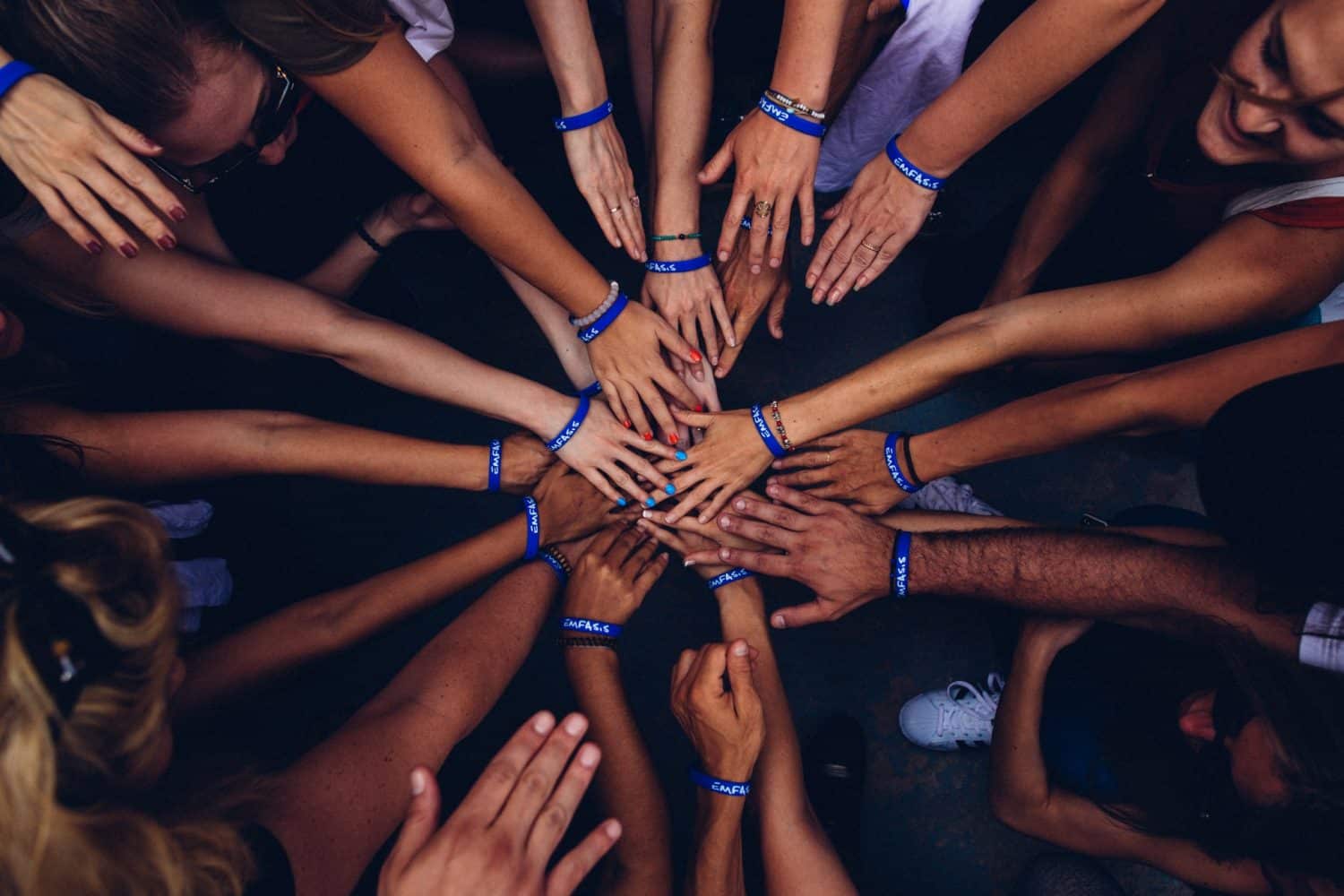Specialized Groups

Cognitive Behavioural Therapy (CBT) for Substance Use
In Cognitive Behavioural Therapy (CBT) treatment protocol, the participants learn to analyze the apparent and non-obvious aspects of the situations that lead to substance use and identify factors that can help clients stay abstinent.
Clients learn ways to cope with cravings, develop substance management goals, refusal skills with various people, managing what appears to be irrelevant decisions, develop coping plans and problem-solve.
This program also includes a session for significant others to orient them to the treatment and explore strategies through which they can help the client develop abstinence or remain abstinent.

Post Traumatic Stress Disorder (PTSD) for Veterans/First Responders
In this PTSD recovery program, First Responders and Veterans can learn the causes and physiology of PTSD, safety and avoidance behaviour, breathing retraining, relaxation and self- calming strategies, and grounding skills.
This group can help facilitate the participants’ awareness of the various ways of interacting with others, thinking errors and ways to manage them. They can develop principles of acceptance.

Cognitive Behavioural Therapy (CBT) for Depression
With Cognitive Behavioural Therapy (CBT), participants can learn how their thoughts affect their mood.
They can develop the capacity to manage their thoughts that contribute to depression and low mood. Participants learn ways to better manage daily activities and social contacts to improve their mood.

Structured Relapse Prevention
In this group, participants can learn ways to help their minds and bodies to get healthy.
They can develop the skills to manage cravings to use, identify and manage cues that lead to relapses. They gain knowledge of communication skills to manage relationships, reduce conflicts and relapse, stay on track, and develop a new healthier identity.
Sex and Love Addiction (SLA)
The SLA group allows clients to be more open about and receive direct support for sexually compulsive behaviours such as Sex and Love Addiction. These behaviours include but are not limited to:
– Compulsive masturbation
– Indulging in pornography
– Having chronic affairs
– Exhibitionism
– Dangerous sexual practices
– Prostitution
– Anonymous sex
– Compulsive sexual episodes
– Voyeurism
The session includes reviewing underlying symptoms and discussions about behaviours and unpleasant emotions related to sexually compulsive behaviours as well as developing coping mechanisms to abstain from acting out.
Domestic Violence
Survivors of gender-based violence, intimate partner violence, human trafficing, and domestice violence experience lasting effects of abuse which can translate into emotional and psychological trauma and addiction.
Within these groups, clinical therapists provide psychoeducation, as well as offer a safe, nonjudgmental space to process complex trauma symptoms as well as to discuss specific challenges with peers.





